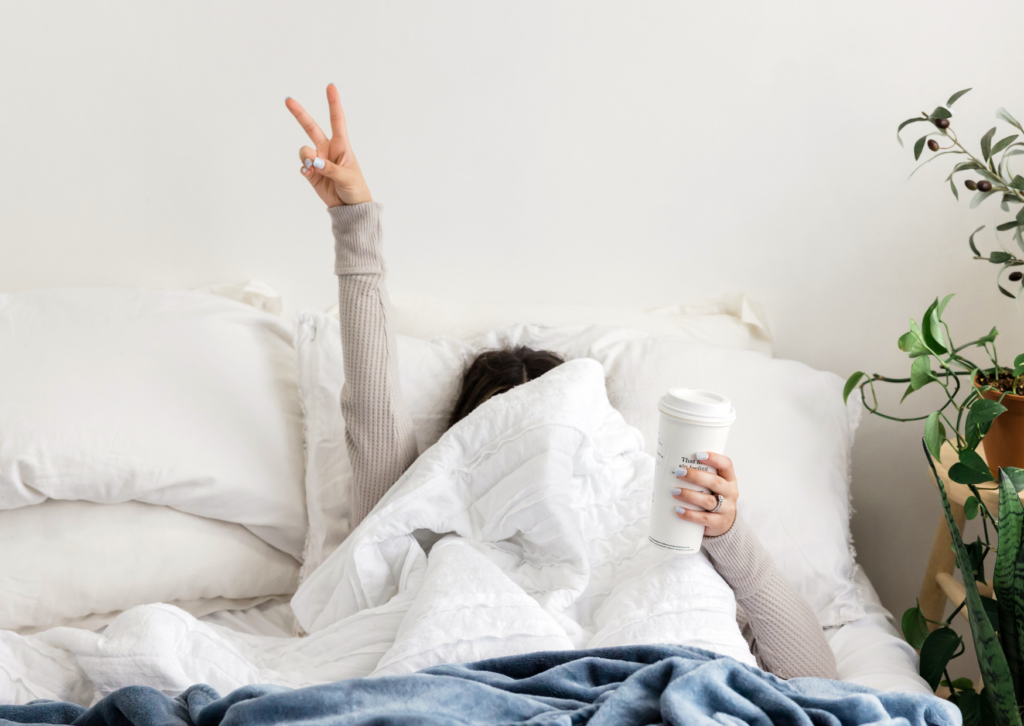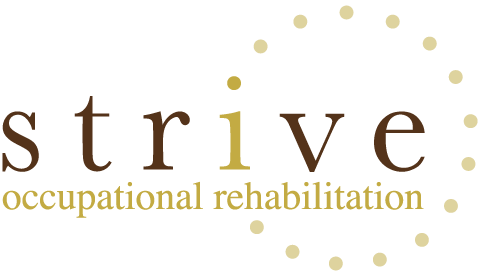The Myth: Sleeping Pills Are the Best Solution for Insomnia
When you’re struggling with poor sleep or insomnia, it’s tempting to reach for the quick fix: sleeping medication. Many people assume that popping a pill is the fastest way to improve their sleep, but this approach is based on a myth. The truth is, while medication may offer short-term relief, it’s not the most effective long-term solution for sleep issues.

Debunking the Myth: Why Medication Isn’t the Answer
The widespread belief that sleeping pills are the go-to solution persists, but research suggests otherwise. There are studies that have shown that while up to four weeks use of medications can assist with relief from insomnia or difficulty sleeping, longer term use is actually correlated with further insomnia, anxiety, drug dependence and depression. There is also a depth of research indicating the negative impact of long term use of sleep medications on cognitive function across all cognitive domains such as memory, recall, attention, and processing speed.
So, what actually works?
Cognitive Behavioral Therapy for Insomnia (CBT-I) has been recognised as the gold standard treatment for chronic insomnia. Unlike medications, CBT-I is a structured, evidence-based approach that focuses on changing the thoughts and behaviors that keep you awake, creating sustainable shifts in sleep behaviours over time. Techniques like sleep restriction, stimulus control, and relaxation training are used to help individuals develop healthier sleep habits and improve sleep quality over time.
The evidence shows that CBT-I can reduce the time it takes to fall asleep, and number over night wakings, resulting in increased duration and quality of sleep. CBT-I has been found to improve insomnia symptoms in up to 80% of individuals with this disorder, and help 90% people people also reduce or cease use of sleep medications.
CBT-I is also beneficial for individuals that do not necessarily meet criteria for an insomnia diagnosis, and support those with other mental health concerns such as depression, anxiety and PTSD.
When to seek help?
While sleeping pills may seem like an easy solution, they don’t offer lasting benefits and can even worsen sleep problems in the long run. CBT-I, on the other hand, is a proven, safe, and effective alternative that targets the underlying causes of insomnia.
As with any primary health care concern, the first point of call should be to discuss with your GP, who can help identify and develop an individualised treatment or action plan that would best suit your needs based on your unique circumstances. A combination of short term medication along with a referral for CBT-i with a trained psychologist could be beneficial, under the guidance of your doctor. Your GP can also help to create a mental health care treatment plan, which currently allows up to 10 individual and 10 group sessions available for rebate through Medicare. Then your GP can make a referral to a CBT-I trained psychologist in your local area.
References:
Barker, MJ, Greenwood, KM, Jackson, M, and Crowe, SF. Cognitive effects of long-term benzodiazepine use: a meta-analysis. CNS Drugs. (2004) 18:37–48. doi: 10.2165/00023210-200418010-00004
Jung, ME, Metzger, DB, and Hall, J. The long-term but not short-term use of benzodiazepine impairs motoric function and upregulates amyloid β in part through the suppression of translocator protein. Pharmacol Biochem Behav. (2020) 191:172873. doi: 10.1016/j.pbb.2020.172873
Zhang, L., & Wang, W. (2023). Exploring sleep deprivation and its impact on cognitive performance: Insights from NASA’s research. Frontiers in Psychiatry, 14, 1212028. https://doi.org/10.3389/fpsyt.2023.1212028

 Workplace Mediation and Facilitated Discussion
Workplace Mediation and Facilitated Discussion